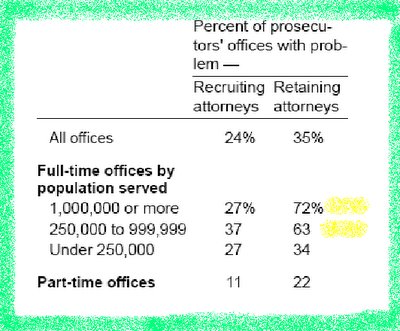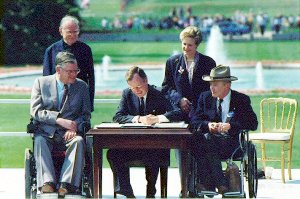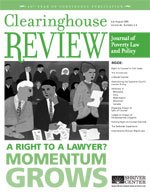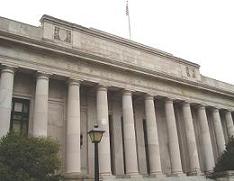
Some doctors say that fear of litigation is what prevents them from admitting mistakes an apologizing. But a new study, comparing U.S. and Canadian doctors, questions that.
As debates over medical malpractice raged in Washington and across the country, many doctors have blamed a litigious system in the United States for discouraging doctors from openly admitting mistakes to patients. Those same doctors have held up the Canadian system, which drastically limits liability and discourages lawsuits, as a model.
But it turns out that it's not the risk of lawsuits that zips doctors' lips but rather the 'culture of medicine' itself, say leading researchers on the subject.
Canadian doctors are just as reluctant to fess up to mistakes, said Dr. Thomas Gallagher, a University of Washington internal- medicine physician and co-author of two studies published Monday in the Archives of Internal Medicine. They are the first to compare attitudes about error disclosure among doctors in the two countries.
Carol M. Ostrom,
Lawsuit fears aren't reason for docs' silence on errors, Seattle Times, Aug. 17, 2006.
Another researcher mentioned in the article are Dr. Eric Larson (formerly at UW Medical Center and now the head of
Group Health's Center for Health Studies).
The published studies are:
- Thomas H. Gallagher, Amy D. Waterman, Jane M. Garbutt, Julie M. Kapp, David K. Chan, W. Claiborne Dunagan, Victoria J. Fraser, and Wendy Levinson, US and Canadian Physicians' Attitudes and Experiences Regarding Disclosing Errors to Patients, Archives of Internal Medicine. 2006;166:1605-1611. Link to abstract (will work for people at UW and other institutions with subscription).
- Thomas H. Gallagher; Amy D. Waterman; Jane M. Garbutt; Julie M. Kapp; David K. Chan; W. Claiborne Dunagan; Victoria J. Fraser; Wendy Levinson, US and Canadian Physicians' Attitudes and Experiences Regarding Disclosing Errors to Patients, Archives of Internal Medicine, Aug 14/28, 2006; 166: 1605 - 1611. Link to abstract (will work for people at UW and other institutions with subscription).
The researchers found that the doctors studied were more likely to admit mistakes that would be discovered by the patient. Many doctors would discuss the problem indirectly (as "an adverse event" rather than "an error"). Only a third would apologize.
Is this really about "the culture of medicine"? Or is it equally hard for ordinary people to admit mistakes?
I did a little searching in PsychInfo, hoping to find studies about mistake-admitting generally. I didn't find much,* but I think it's an interesting question. Some percentage of doctors won't admit mistakes. Is it a greater or smaller percentage than bus drivers, police officers, air traffic controllers, firefighters, child care workers, bank tellers? What about whatever occupational group the Fonz was in?
Thanks:
Greedy Trial Lawyer.
_________
* Some possible leads for further research:- Nazareth, Avertano M; Kanekar, Suresh. Effects of admitting or denying a mistake. Journal of Social Psychology. Vol 126(4) Aug 1986, 531-537.
- Gollwitzer, Peter M; Wicklund, Robert A; Hilton, James L. Admission of failure and symbolic self-completion: Extending Lewinian theory. [References]. Journal of Personality and Social Psychology. Vol 43(2) Aug 1982, 358-371.
- Aaron Lazare, On Apology (Oxford University Press - hardback 2004, paperback 2005). Publisher's description.
Photo: Surgeons at work, NIH, from National Library of Medicine. By using this photo here I am not suggesting that these surgeons were making mistakes that they would not admit.
Filed in: med-mal, errors, apologies, empirical-studies, Canada, comparative-law, Gallagher, Larson















